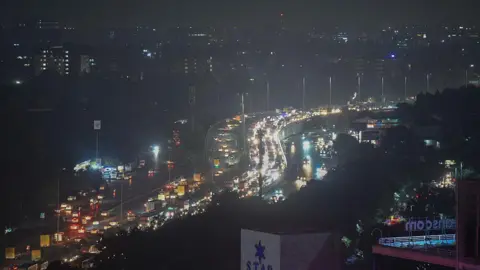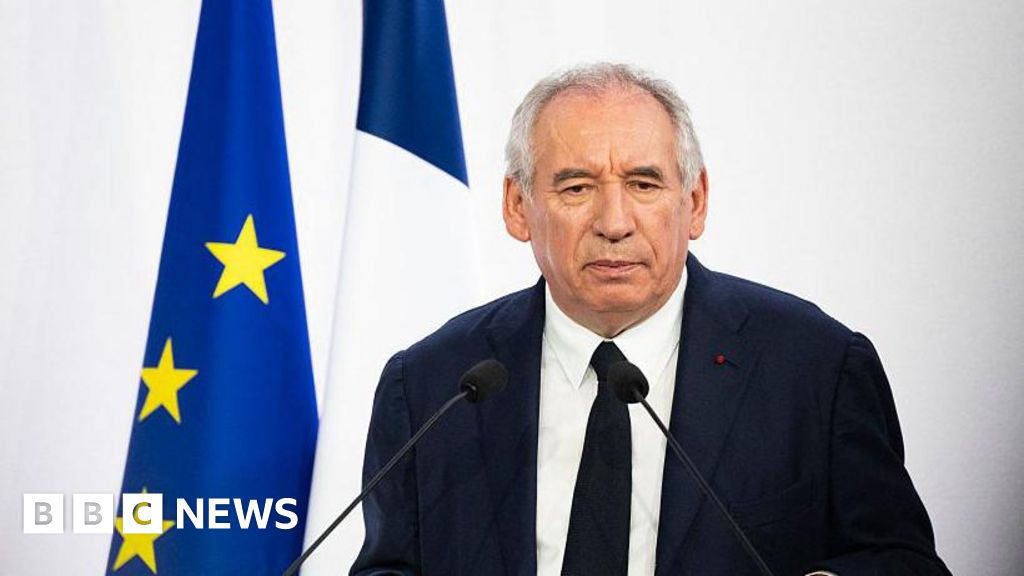The ongoing political storm in India has significantly intensified after opposition parties leveled allegations of "vote theft" against the country’s election authority during the recent 2024 general elections. Opposition representatives assert that these irregularities disproportionately benefitted the ruling Bharatiya Janata Party (BJP).
On Tuesday, the Indian parliament saw a disruption as members of the opposition demanded a comprehensive debate on the integrity of the electoral process. The protest escalated further when Rahul Gandhi, a prominent Congress leader, along with a group of opposition lawmakers, was detained while attempting to march towards the Election Commission of India (ECI) headquarters in Delhi. Gandhi initially raised concerns about electoral manipulation at a press conference held on August 7 and has since garnered significant support from other opposition figures.
The Election Commission and BJP have staunchly refuted these claims. Rahul Gandhi has accused the ECI of facilitating widespread voter manipulation through data collected directly from the electoral body. Although Prime Minister Narendra Modi successfully secured a third consecutive term, the BJP fell short of the anticipated sweeping majority, drawing a voter turnout of about 66% from nearly a billion registered voters.
In his accusations, Gandhi pointed to specific regions, like Mahadevapura in Bangalore Central, asserting that the voter rolls included over 100,000 manipulated entries, including duplicates and invalid addresses. He cited examples such as Shakun Rani, a supposed double voter, and highlighted an alarming situation where 80 individuals were registered at a single address. The Congress leader claims that these alleged irregularities resulted in the Congress party losing at least 48 parliamentary seats, while the party itself managed to win only 99 out of 543 available.
Gandhi has demanded the ECI to release digital versions of the voter rolls for public scrutiny and potential audits. However, the BBC has not verified these allegations. In response, the ECI labeled Gandhi's claims as “absurd,” requesting him to either retract his statements or issue a formal apology. The electoral body further asserted that Congress had not raised formal objections during the revision of the electoral rolls leading up to the elections.
The BJP has also denounced the allegations, with leaders claiming that this political unrest undermines democratic principles. Meanwhile, the scrutiny surrounding Gandhi's allegations coincides with a separate controversy regarding the intensive revision of electoral rolls in Bihar, where numerous voters claim inaccuracies in their registration status.
The situation has reached a critical juncture, with India’s Supreme Court examining multiple petitions challenging the electoral roll revisions in Bihar, as citizens voice concerns of disenfranchisement, especially among migrants and minorities. As the dust begins to settle, the court's response to these developments will be pivotal in determining the future of India's electoral integrity.

















